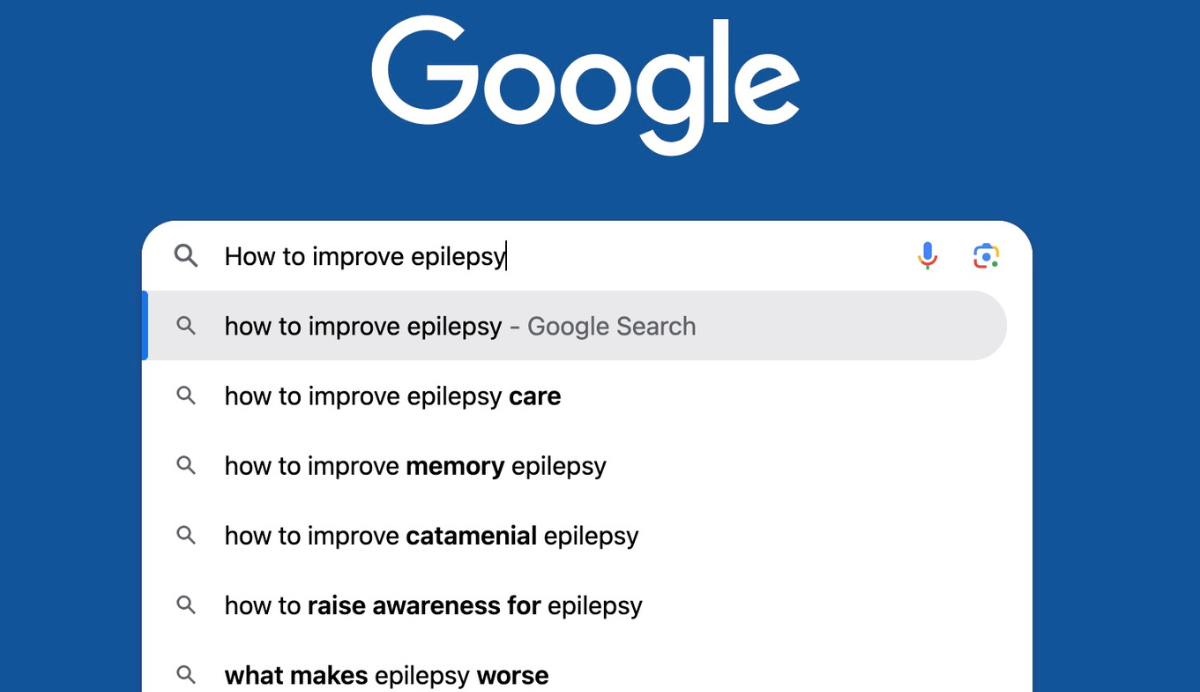“With hindsight [after gaining consciousness], I found it quite amusing – waking up very dazed in a small vehicle, at night, with two ‘humanoid’ beings in uniforms and lots of strange flashing lights and machines.
“They proceeded to ask me various questions; name, DOB, etc, and my initial thought was, ‘my God, I'm being abducted by aliens, and this is their spaceship!’. It took the ambulance officers quite a while to convince me that was not the case. Hopefully they found some humour in my alien abduction experience.”
He fractured two vertebrae during the seizure and was sore and crippled for some time afterwards. The doctors at the Austin Hospital in Melbourne told him he’d had a seizure, and it was not an uncommon one-off event. “They said about 10% of all adults have one [seizure] in their lifetime. Later that day, I was discharged. I took a week off work and then back into life as I knew it.”
“Fast forward a few months, and I had three seizures in one day. Again, no awareness of what had happened, and no obvious trigger. I was taken by ambulance back to the Austin. This time I managed to fracture yet another vertebra as well as my shoulder, so I experienced a lot of physical pain and disability.
“The doctors told me that it was most likely epilepsy and put me on Keppra (500mg twice a day). I was also made aware of the Australian Epilepsy Project (AEP) and asked if I would like to participate in the study, which I did.
“The testing and diagnosis process was interesting, informative, and enjoyable. The AEP does a really good job of making the participant's involvement a pleasurable and interesting experience.
“The testing confirmed an epilepsy diagnosis, with no obvious cause, and Keppra was deemed the best option to control my seizures.
“The worst aspect of my recovery was the physical repair. Broken bones take a long time to heal, and they also hurt a lot. I ended up having almost four months of sick leave.
“I haven’t had any more seizures since, so the medication is working. Keppra did give me severe fatigue for a few months, and I felt very depressed, but both symptoms have now gone.
“Having a confirmed diagnosis is great. I know what the problem is, and I know how to control it. The AEP has been very helpful in this regard. I was lucky to be hospitalised at the Austin with their connection to the AEP. I wonder what would have happened if I had gone to a different hospital…
“I have discovered some unexpected side benefits of my epilepsy diagnosis and prescribed medication, including that I sleep much better than I have for years.
“The whole journey of being diagnosed with epilepsy has made me stop to consider my life and career, and as a result I have changed jobs and reduced my hours (and managed to get a pay rise in the process). And I recently bought a new catamaran.
“My message to others is – Epilepsy will change your life but it’s not all negative. Take time to reflect on what you want to achieve and what is important to you. Explore all medication and other options to control your seizures, and hopefully you should go on to lead a good life."
-2.jpg)
AEP Keynotes at AWS Summit Sydney Innovation Day

AEP hailed as an exemplar for transforming lives


